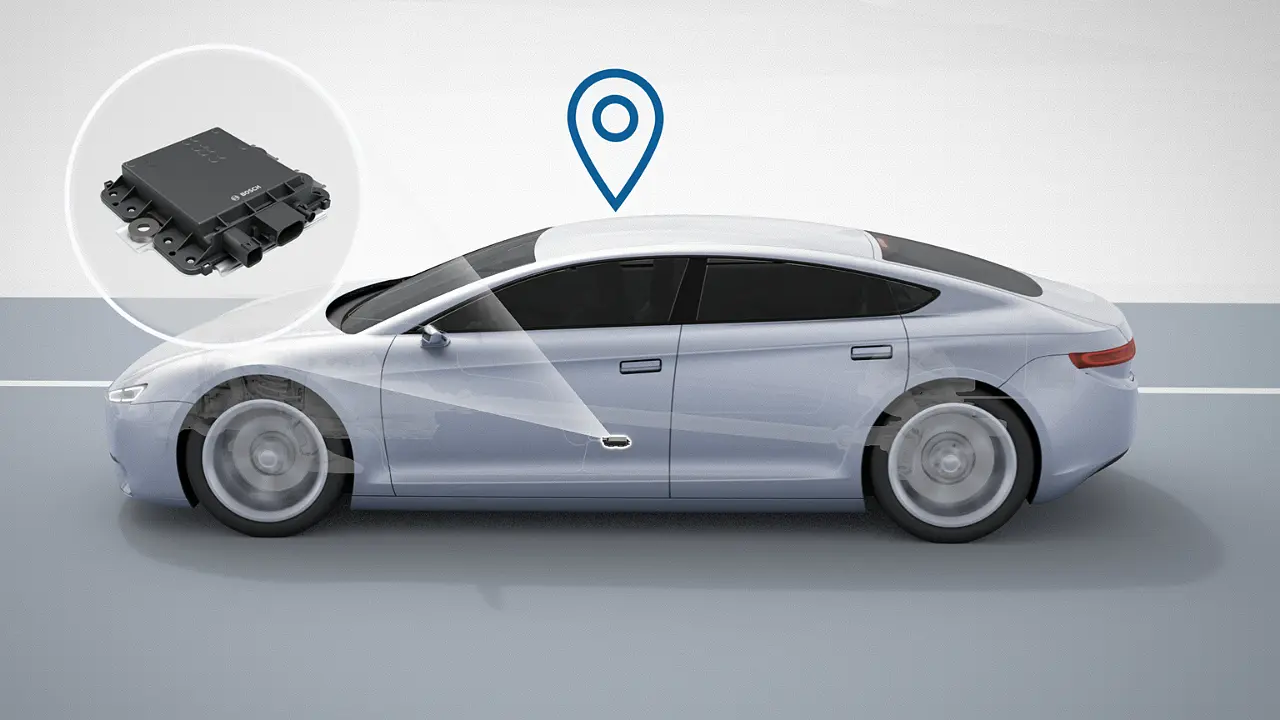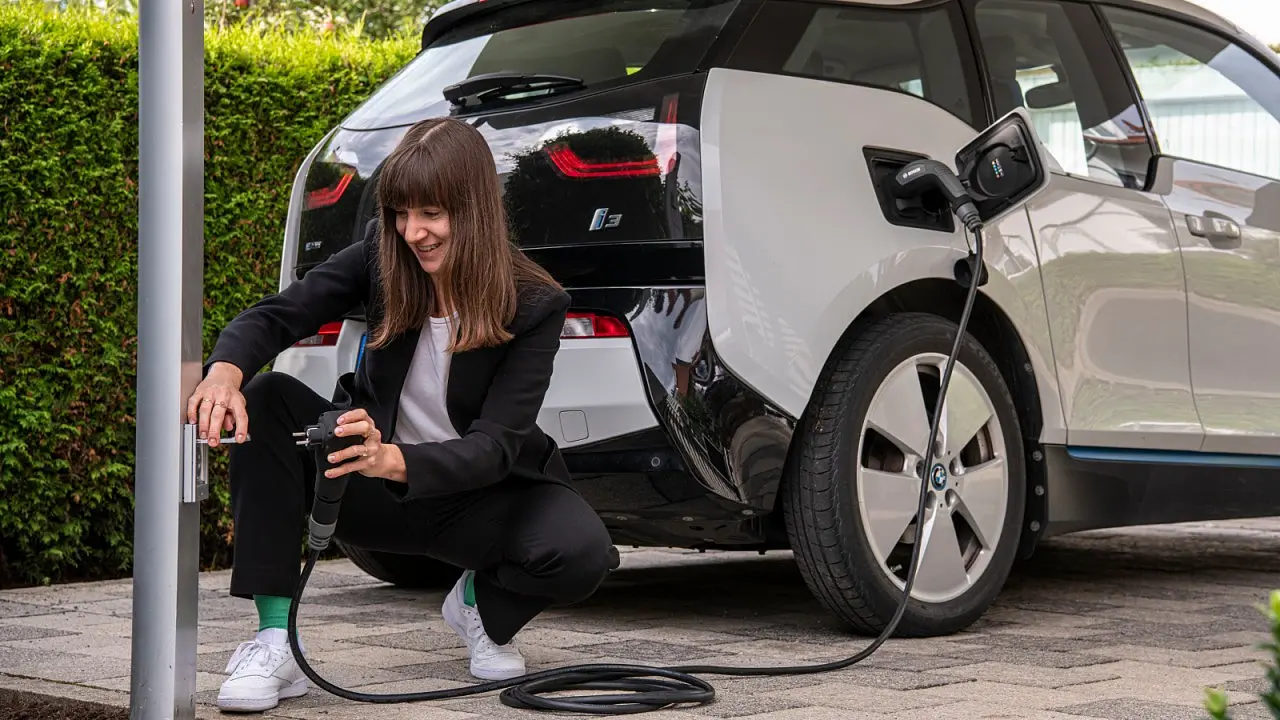
Bosch is growing twice as fast as the market in Electromobility and will generate more than €1 billion in sales this year. This business is continuing to gain speed, and by 2025, sales are expected to grow five-fold, the company announced.
At IAA Mobility 2021 in Munich, Dr Volkmar Denner, Chairman, Board of Management, Bosch, said, “Electromobility will become a core business for us, and CO₂-free mobility a growth area. We are turning challenges into opportunities.”
These growth areas also include automated driving. Driver assistance is the basis for all the levels of automated driving. At 40%, the market leader Bosch is growing faster than the market in this field. The company’s healthy position in electromobility and automated driving is helping it successfully hold its own in a market environment marked by the COVID crisis, chip shortages, and the even faster transformation of the mobility sphere. As a result, the sales revenue of its Mobility Solutions business sector will grow 10% this year.
With upfront investments totalling €5 billion so far, the company is helping it to a breakthrough. This year alone, upfront investments will come to another € 700 million.
Dr Stefan Hartung, Member, Board of Management and Chairman, Mobility Solutions business sector, Bosch, said, “We are preparing for increasing demand for electric vehicles across the globe. Worldwide, we expect that 60% of all newly registered vehicles in 2035 will be electric.”
Bosch is investing not only in battery-electric powertrains but also in fuel-cell powertrains and is involved in customer projects in China, the United States, and Europe. The first trucks featuring Bosch technology are already on the road in China.

At the IAA show, the company is premiering a new flexible charging cable for electric cars. It features integrated control and safety technology and adapters for Type 2 and household plugs. Even when recharging at a 230-volt power socket, it can do without the otherwise usual in-cable control box, which means that it weighs less than three kilograms – some 40% less than conventional charging cables featuring control boxes. And to relieve drivers of the chore of looking for somewhere to recharge on their journeys, the Bosch web-based recharging service gives them access to more than 200,000 charge spots in Europe – including hassle-free payment.
Autonomous Driving
The company’s portfolio contains all the elements of automated driving, including domain control units, sensors, artificial intelligence, and it has about 5,000 engineers working on all its levels. “With pilot projects in the areas of automated valet parking, Bosch has set standards in Germany and the United States,” Denner said.
The mobility company is already working with Mercedes-Benz and other partners on deploying this function in the P6 parking garage at Stuttgart airport. The new Mercedes-Benz S-Class is the world’s first production vehicle to feature the technology needed for this. So that driverless vehicles can navigate by smartphone command to a reserved parking bay, Bosch equips the parking garage with technology such as fixed-installation video cameras. A further 1,000 parking garages are expected to follow suit by 2025.
Connected Driving
As Bosch predicted ten years ago, vehicles are increasingly turning into internet nodes. In the future, the software will be just as crucial as powertrain performance or efficiency. The company is actively shaping this change. Even the bicycle is becoming part of the internet, evidenced by the new Bosch eBike Flow app. For example, it enables the software in components to be updated. In addition, software integration is becoming more and more important. For instance, by 2025, their computing power and software complexity will double, and the various software modules work reliably with each other.
“Bosch isn’t just about cars, but also knows its way around the factory and home environments. Like no other company, we can connect different domains with each other,” Hartung said.
Since April this year, Mercedes-Benz models featuring the MBUX voice assistant have also been a command centre for Bosch smart-home applications. For example, a voice command from the driver’s seat is sufficient to contact the smart home, switch off the lights, open blinds, and control the heating. All this shows that Bosch technology is paving the way to sustainable, safe, and exciting mobility.